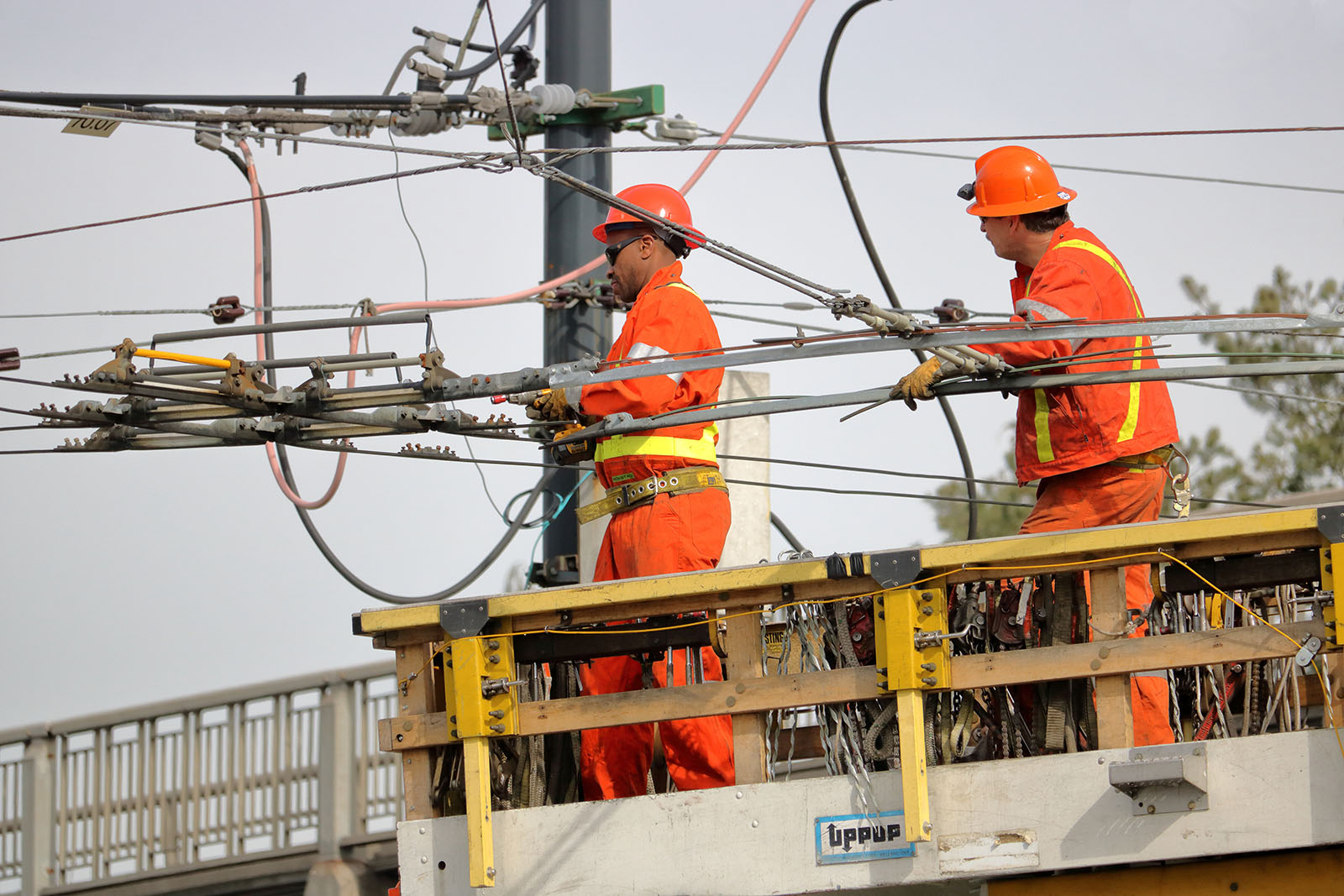
As a Powerline Technician, you’ll put your analytical nature to the test—in an essential role that ensures the continued, safe supply of power to our communities.
You'll construct, maintain and repair overhead and underground electrical power transmission and distribution systems. You may work for electric power generation authorities, electrical contractors and public utility commissions.
